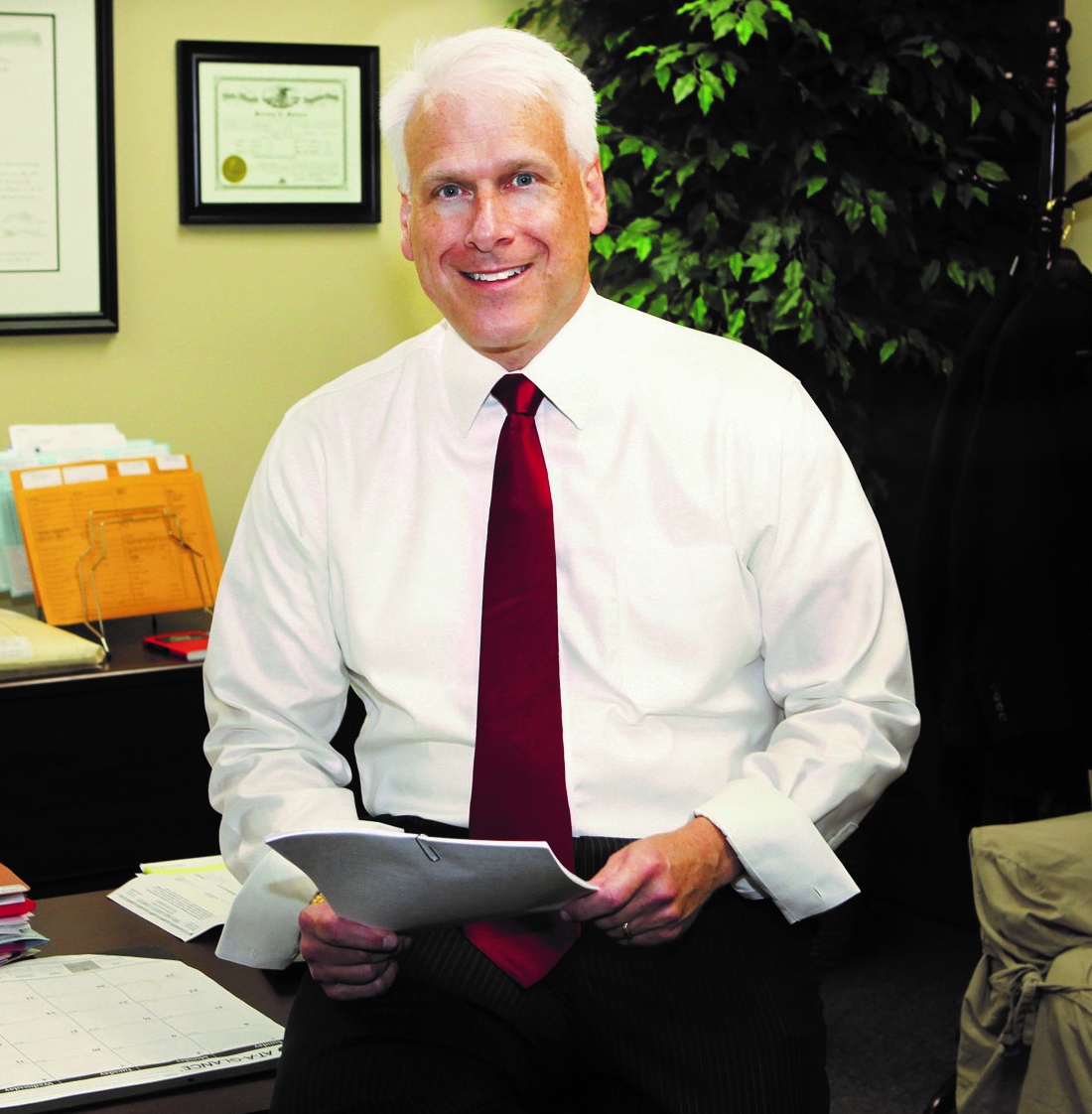
When Divorce and Bankruptcy Collide
Divorce and bankruptcy often coincide with each other. When two incomes suddenly become one, financial problems can result. That is why having an attorney who has extensive experience in both divorce and bankruptcy law is essential if you are considering filing for either one, or both. There are certain advantages to filing for one before the other. For example, a high-wage earner may not qualify for Chapter 7 bankruptcy protection before filing for divorce. However, after divorce the domestic support obligations he or she now owes may qualify under the bankruptcy “means test” to file for Chapter 7 bankruptcy. Every situation is different and requires a detailed analysis by a skilled divorce and bankruptcy attorney.
Not many law firms have attorneys who have years of experience in both divorce and bankruptcy as well as the issues that commonly arise when they are related. At Shaw Law Ltd., our Waukegan bankruptcy attorneys are not only highly experienced with marital property, divorce and bankruptcy matters but truly understand the specific legal issues clients are facing. For more information about how we can help with your divorce and bankruptcy, contact us to schedule a free in-office initial consultation.
The Relationship Between Marital Property and Bankruptcy
Depending on how debt is characterized in a divorce agreement, it may or may not be dischargeable under bankruptcy laws. Anything that is viewed as a domestic support obligation, such as alimony/spousal maintenance or child support is not dischargeable. Suppose a wife gets $20,000 of equity in a house. If this is viewed as support to the wife, it is not dischargeable. How parties construct language regarding debt largely affects whether it is dischargeable or not under bankruptcy laws.
Property that generally cannot be touched in bankruptcy are ERISA-qualified retirements (typically pensions and 401(k)’s). Creditors generally cannot go after these types of assets.
Parties must be cautious, however, when assigning debt. If one spouse takes all the debt and the other spouse takes all the assets, this may be viewed as a fraudulent conveyance. The bankruptcy court could then undo this transfer.
Call 847-244-4696 to Meet With an Illinois Divorce/Bankruptcy Lawyer
When you are facing both financial and marital problems, let Shaw Law Ltd., provide you with the individualized and quality legal representation you deserve. For additional information about our bankruptcy and divorce practice, contact us and schedule a free in-office consultation or call 847-244-4696.

